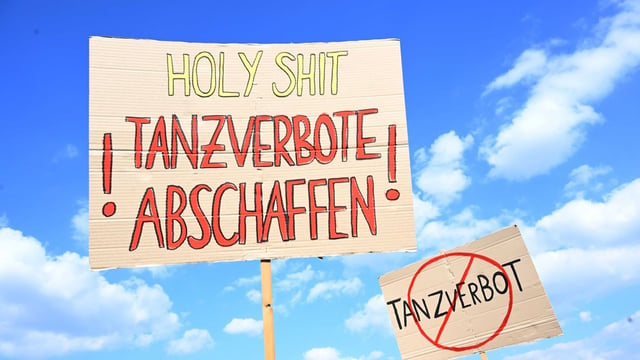Overview
- Germany enforces a nationwide Good Friday dance ban, with durations varying across all 16 federal states, from 15 hours in Bremen to 84 hours in Rheinland-Pfalz.
- The ban covers public dance events, concerts, sports, and certain films, with violations carrying fines up to €5,000, or €15,000 for work-related breaches.
- A 2016 Federal Constitutional Court ruling allows secular protest events, leading to organized demonstrations by groups like the Bund für Geistesfreiheit and youth organizations in Hessen.
- Critics argue the ban is outdated in an increasingly secular society, while defenders emphasize its importance in preserving the solemnity of Christian traditions.
- Protests and debates over the law's modernization or abolition continue, with some clubs circumventing the restrictions through late-night events or special permissions.



